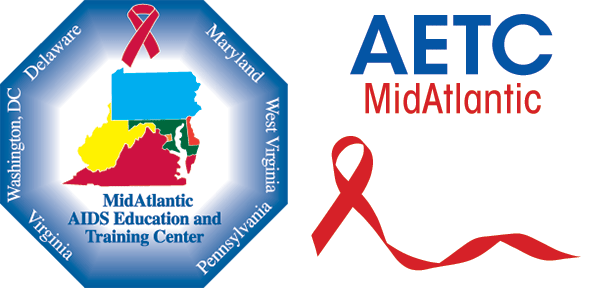4: Medication Assisted Treatment in a Rural Clinic
Details

Description
Ending the Opioid Epidemic Webinar Series: Webinar 4.
Webinar Title: Medication Assisted Treatment in a Rural Clinic: Challenges and Opportunities
Medication Assisted Treatment (MAT), is the use of FDA-approved medications, in combination with counseling and behavioral therapies, to provide a "whole-patient" approach to the treatment of substance use disorders. The regulated amount of medication provided in MAT addresses opioid withdrawal symptoms. In this webinar, the presenter will examine the MAT process in a rural setting as well as the challenges and opportunities faced by clinicians who provide MAT to their clients.
By the end of the webinar, participants will be able to
-
Identify four benefits of Medication-Assisted Treatment (MAT)
-
Differentiate between schedule I, II and III drugs
-
Discuss the challenges of MAT implementation in a rural area
-
Describe three facilitators of successful implementation of MAT in a rural clinic
Speaker
Durand Warren, MEd, MBA, NCC, LPC, ALPS
Director of Behavioral Health
Williamson Health and Wellness Center, West Virginia
Bradley R. Barnett, MEd, NCC, LPC, LCADC, AADC
Regional Coordinator
OVP Health, West Virginia
Audience
This webinar series is appropriate for physicians, nurses, social workers, case managers, public health practitioners, and other health professionals who would benefit from the information.
Accreditation
- Certificate of Attendance: This program is awarded 0.1 CEU/certificate of attendance from the University of Pittsburgh, Graduate School of Public Health.
- Certified in Public Health Continuing Education (CPH-CE)
- Certified Health Education Specialists (CHES®): MAR-PHTC is a designated provider of continuing education contact hours in health education by the National Commission for Health Education Credentialing, Inc. This program is designated for Certified Health Education Specialists and/or Master Certified Health Education Specialists to receive up to 1 total Category I contact education contact hour.
- Continuing Medical Education (CME): This activity has been approved for AMA PRA Category 1 Credit™.
- Continuing Nursing Education (CNE): The MidAtlantic AIDS Education and Training Center is an approved provider of continuing nursing education by the Pennsylvania State Nurses Association Approver Unit, an accredited approver by the American Nurses Credentialing Center’s Commission on Accreditation.
- Social Work: This program is offered through co-sponsorship of the University of Pittsburgh’s School of Social Work, a Council on Social Work Education-accredited school and, therefore, a PA pre-approved provider of social work continuing education. These credit hours satisfy requirements for LSW/LCSW, LPC and LMFT biennial license renewal.
Continuing Education credits issued for participation in CE activity may not apply toward license renewal in all states. It is the responsibility of each participant to verify the requirements of their state licensing board(s).
Disclosure(s)
Planners have no conflicts of interest relative to this educational activity. Speakers have no conflicts of interest to disclose.
Ending the Opioid Epidemic Webinar Series
Series Description:
The MidAtlantic AIDS Education and Training Center and the Mid-Atlantic Regional Public Health Training Center have created a six-part interactive webinar series which has been designed to introduce diverse strategies for success in ending the opioid epidemic. Participants will hear from legal, social, medical, and community intervention experts in a strategy-gathering information exchange. The webinars will be an hour in length and will include Q&A as well as audience interaction via polling. We welcome you to join us for the entire series or for individual webinars such as this one!
Materials
Topics
A variety of the listed topics will be discussed at this event.
- Harm Reduction/Safe Injection
- Linkage to Care
- Medication-assisted therapy for substance use disorders (i.e. buprenorphine, methadone, and/or naltrexone)
- Pain management
- Opioid use disorder
- Cultural competence
- Cultural Competency/Cultural Humility


